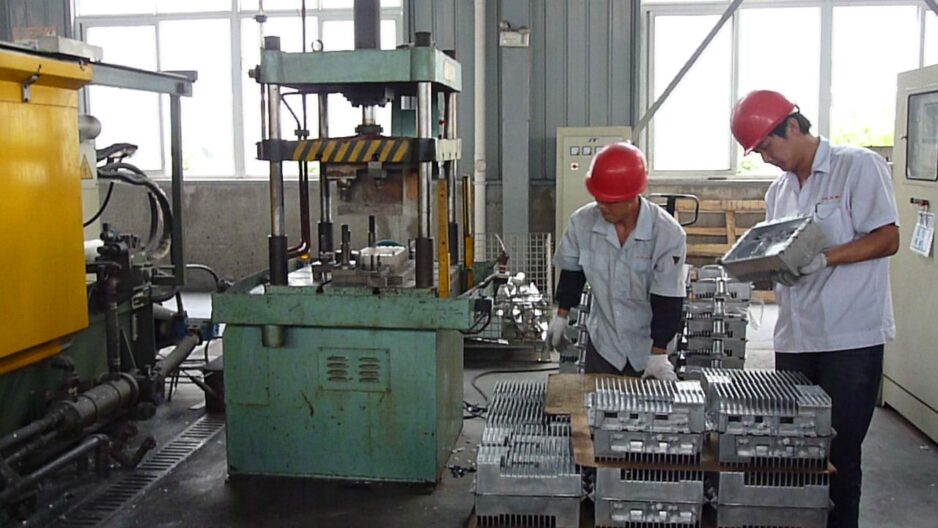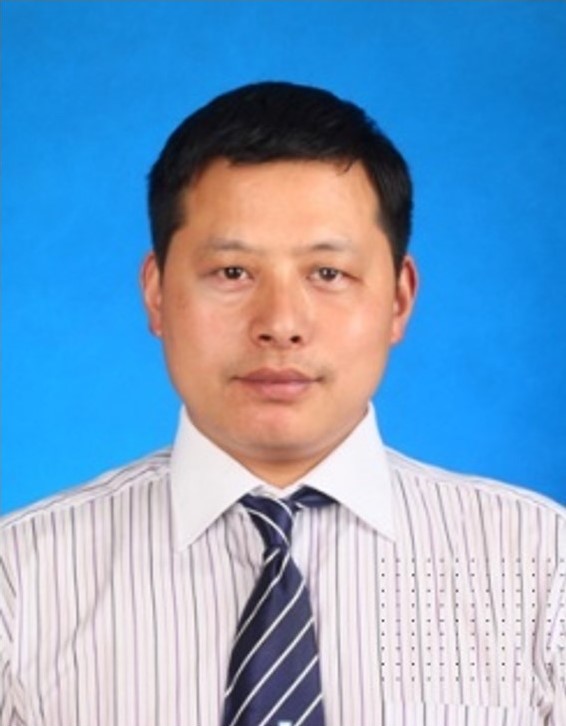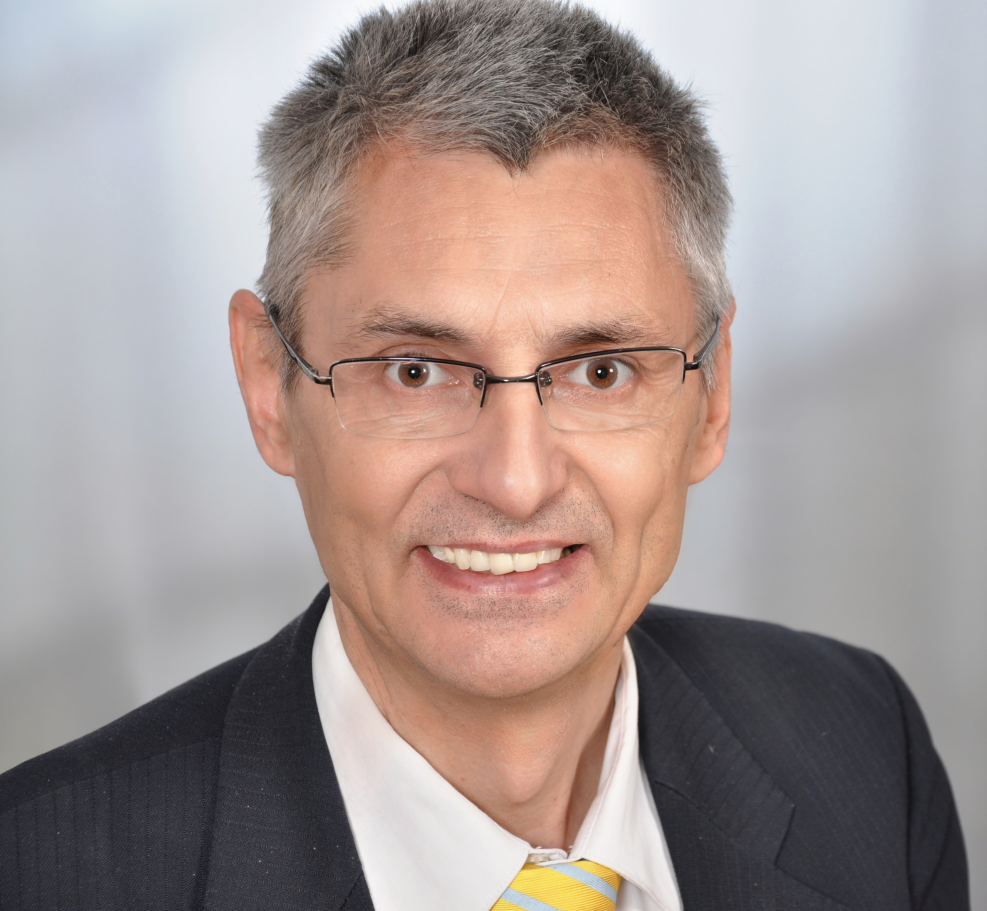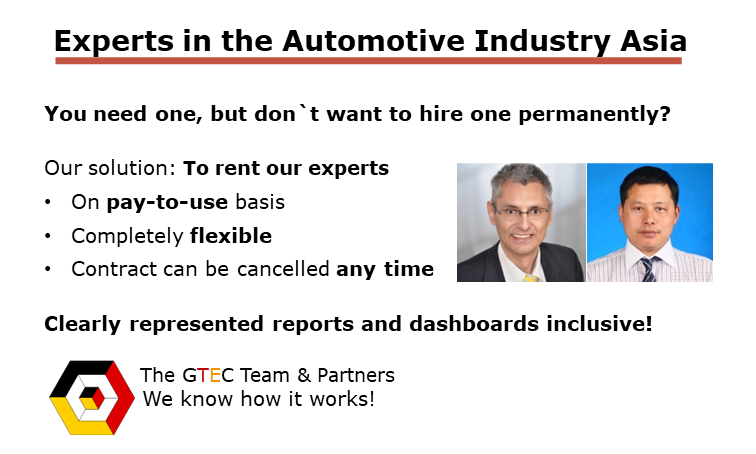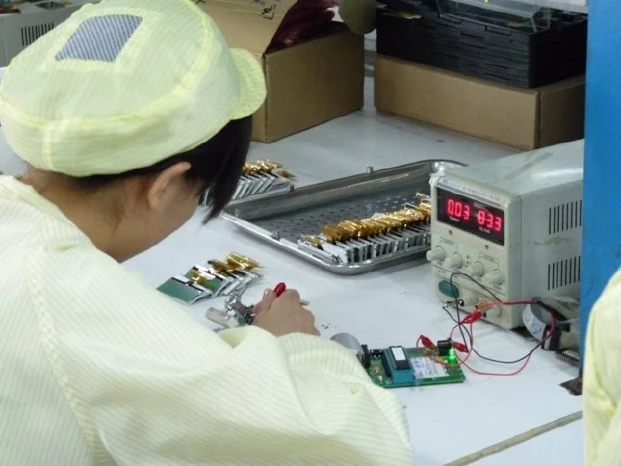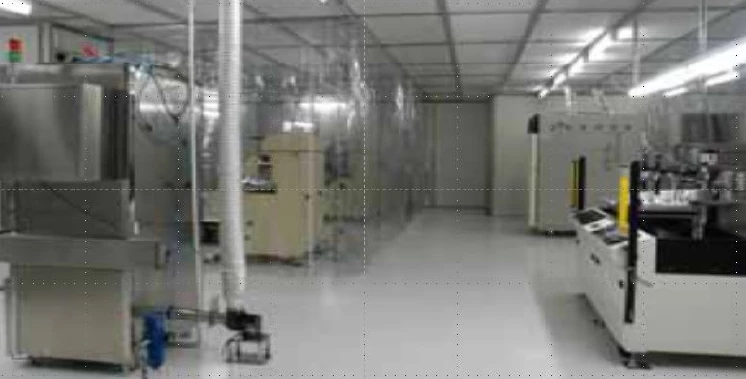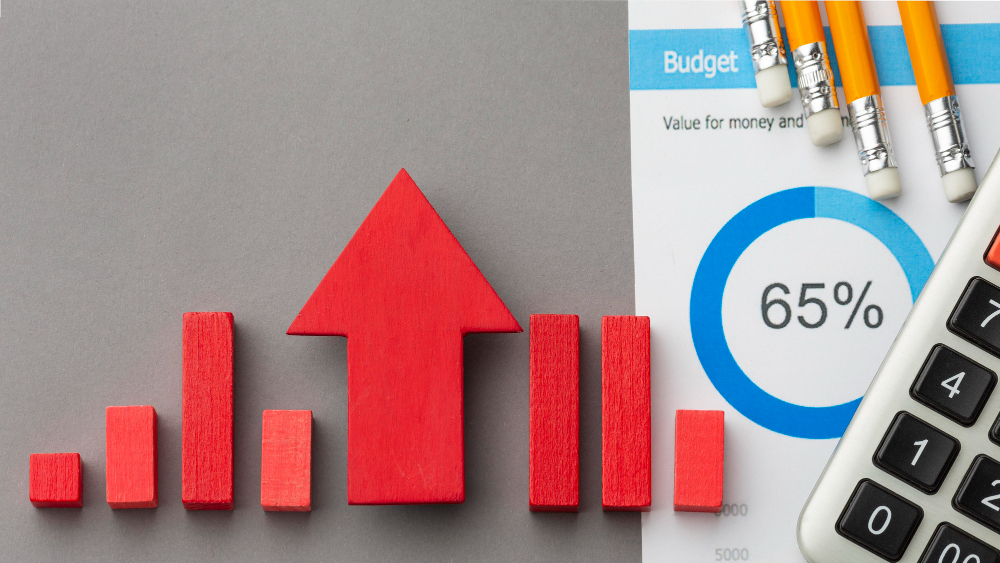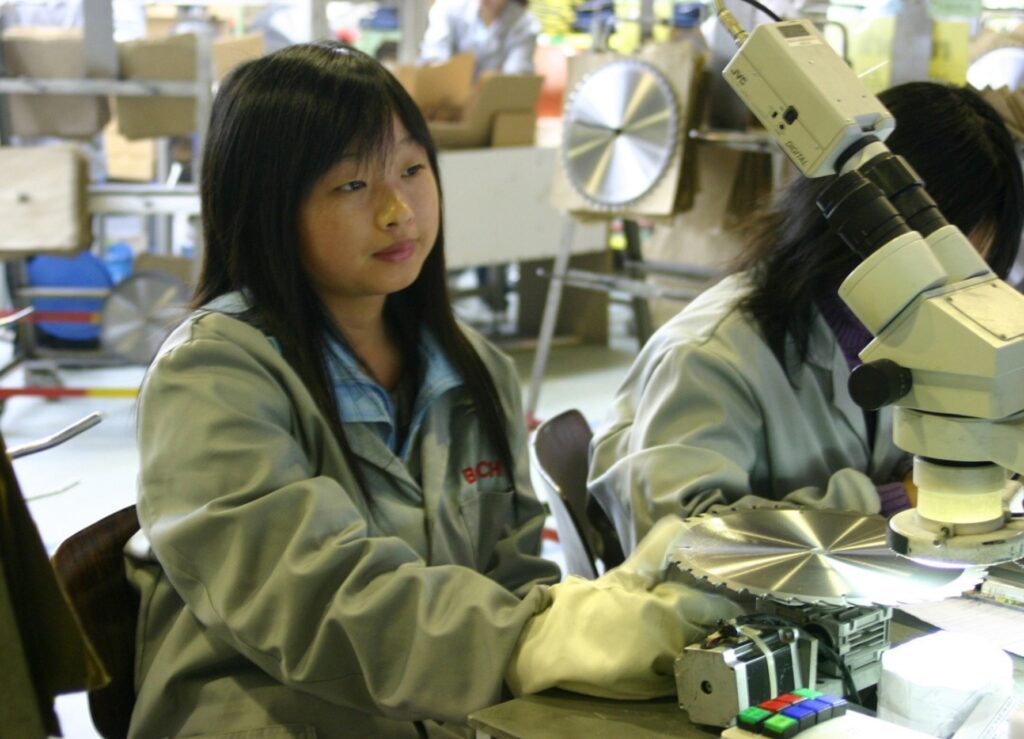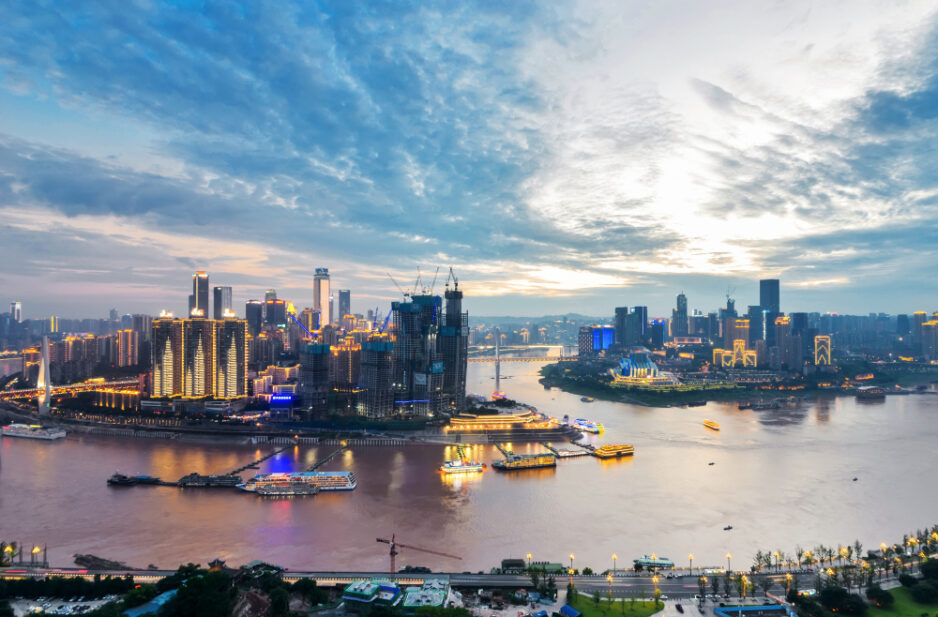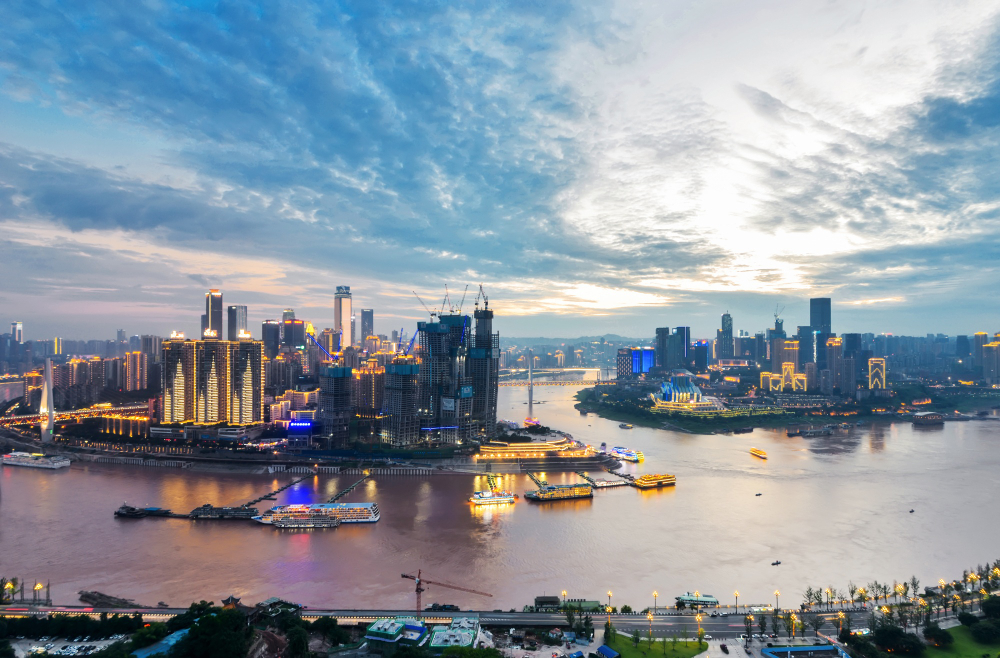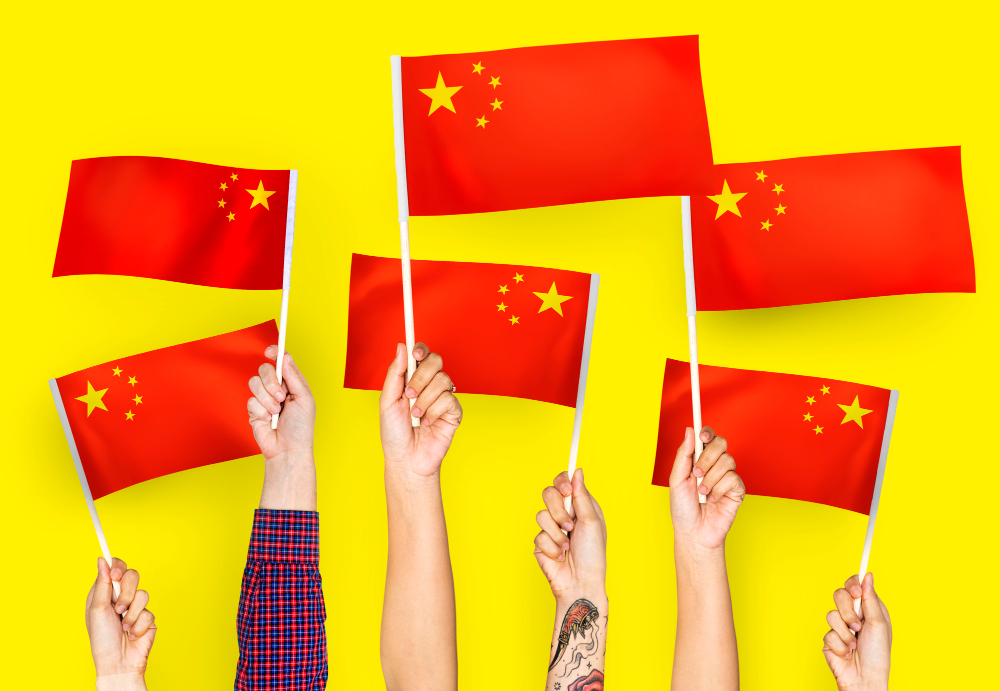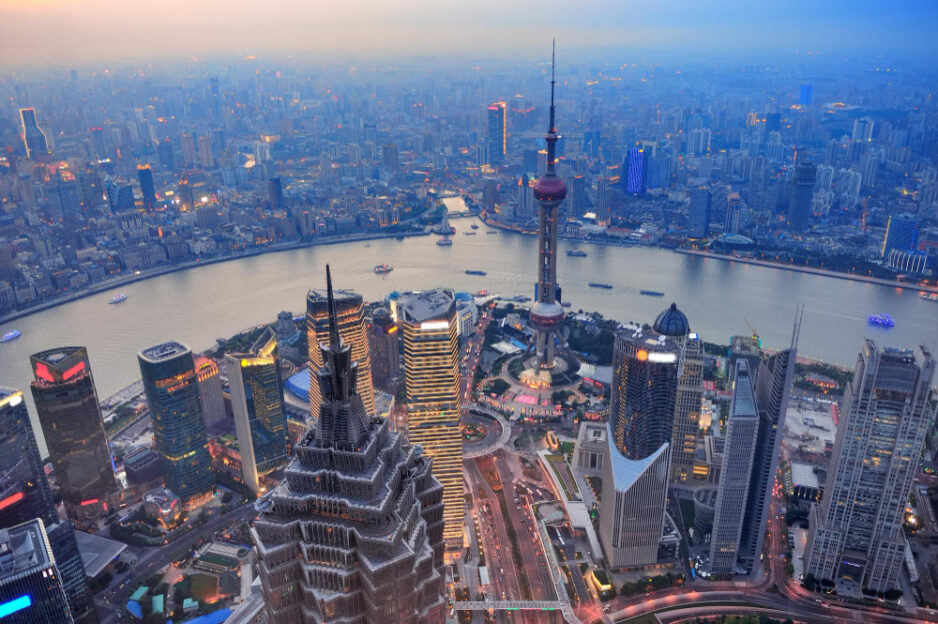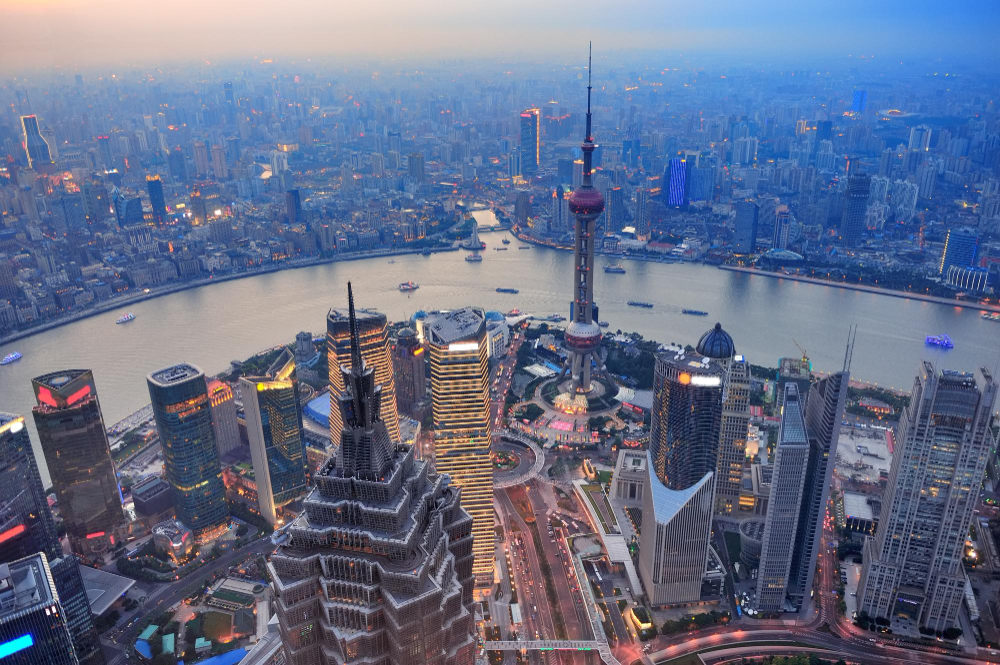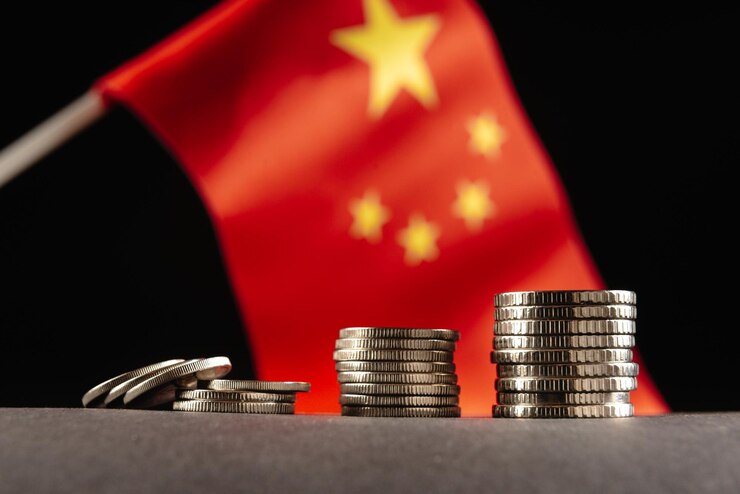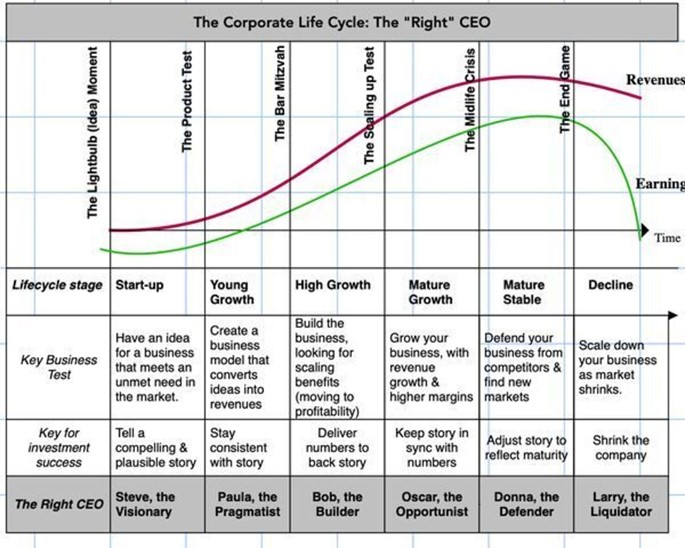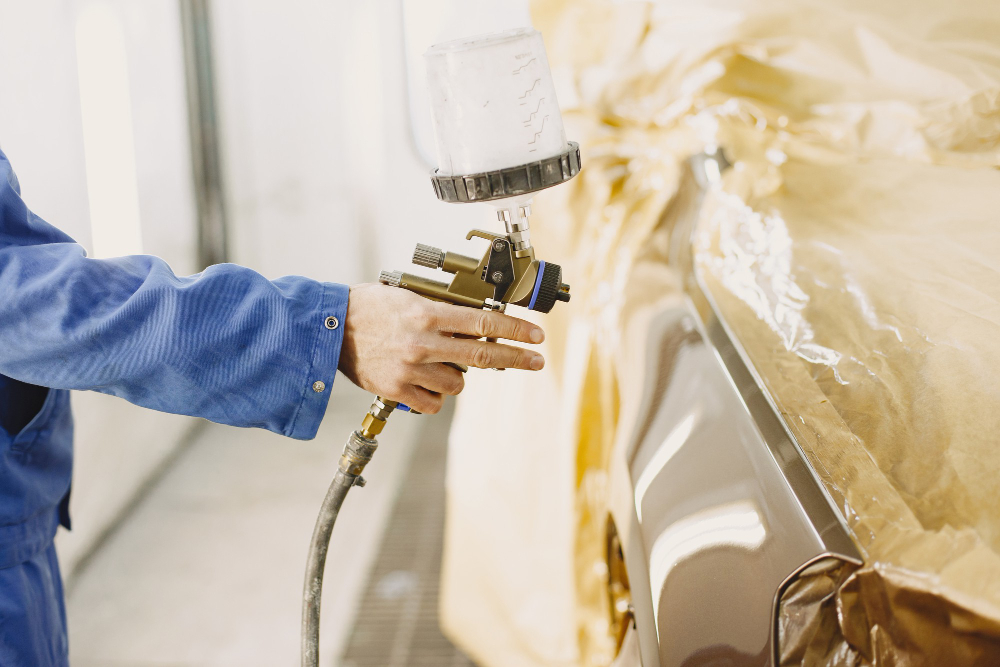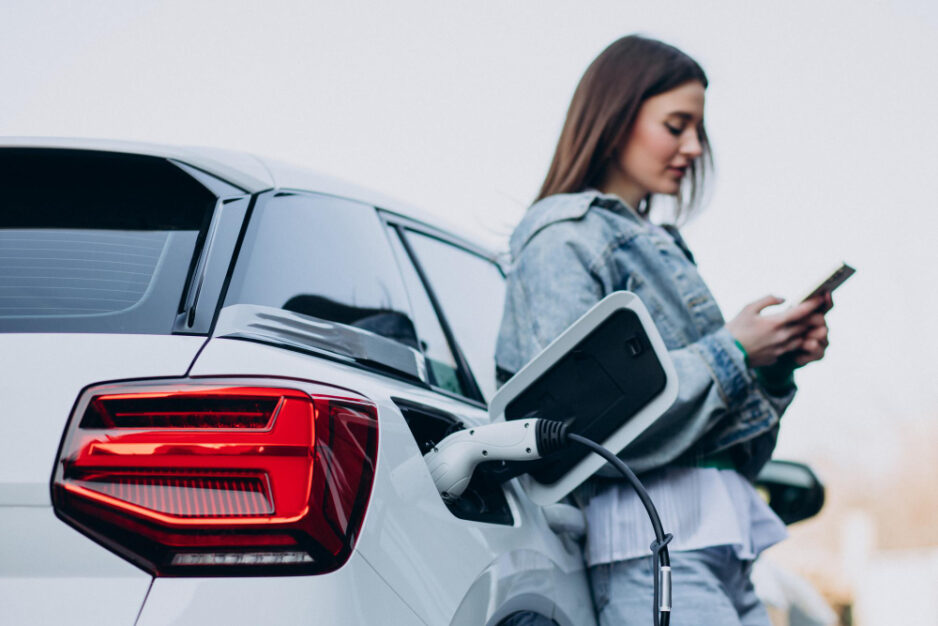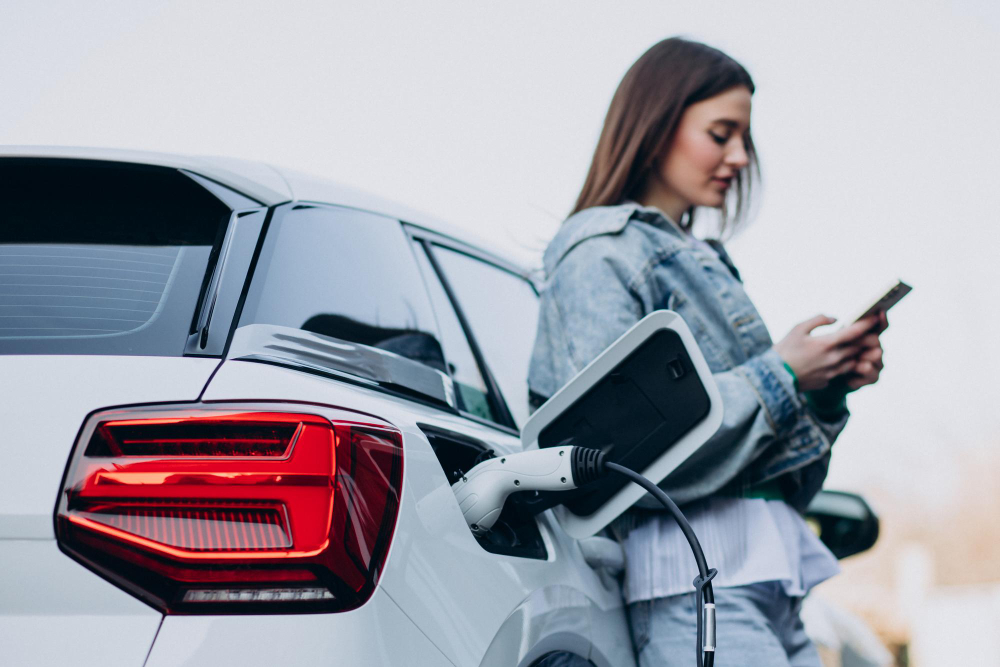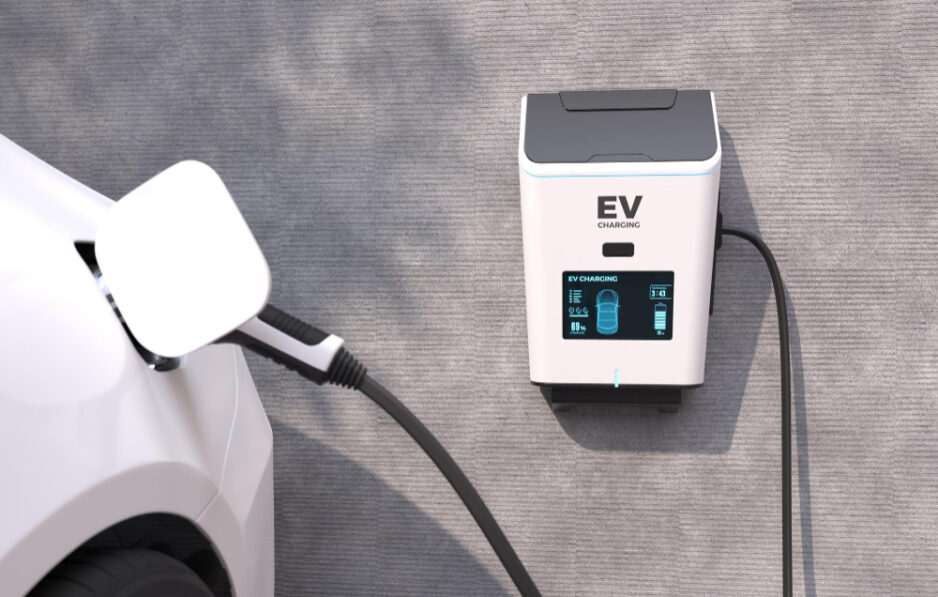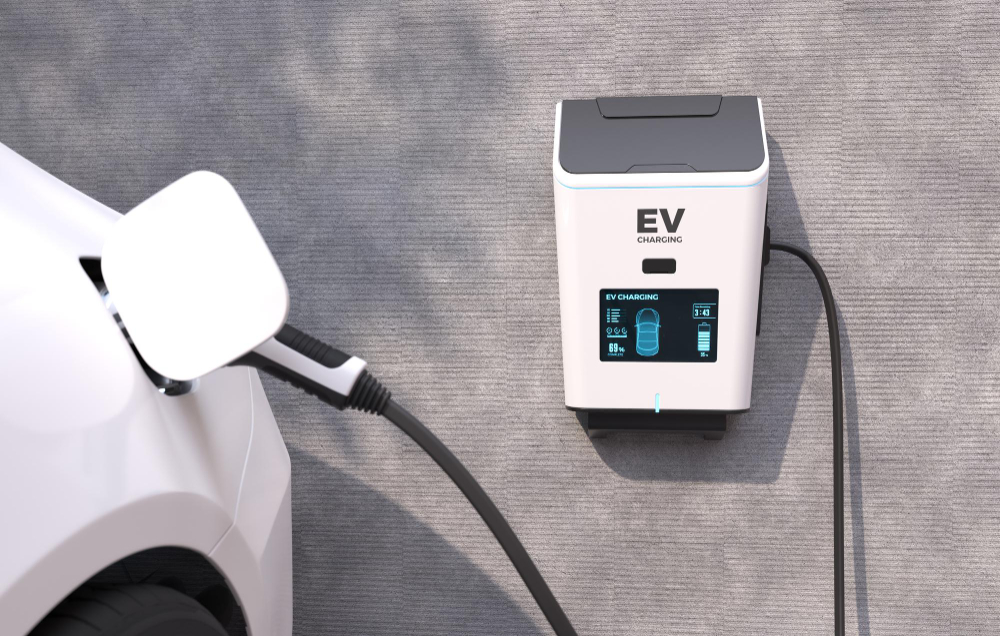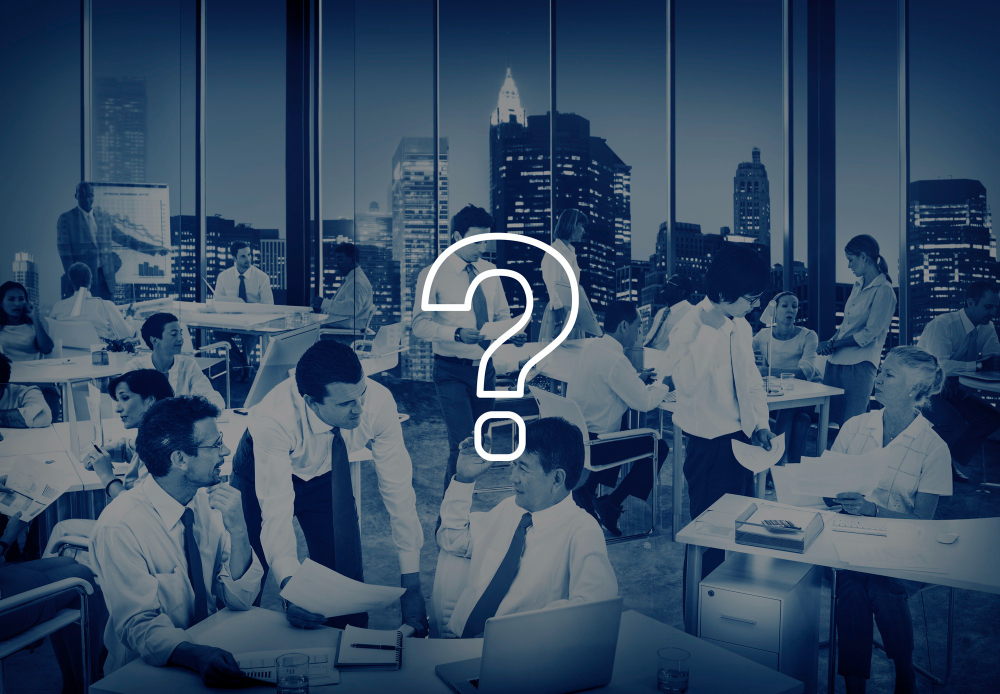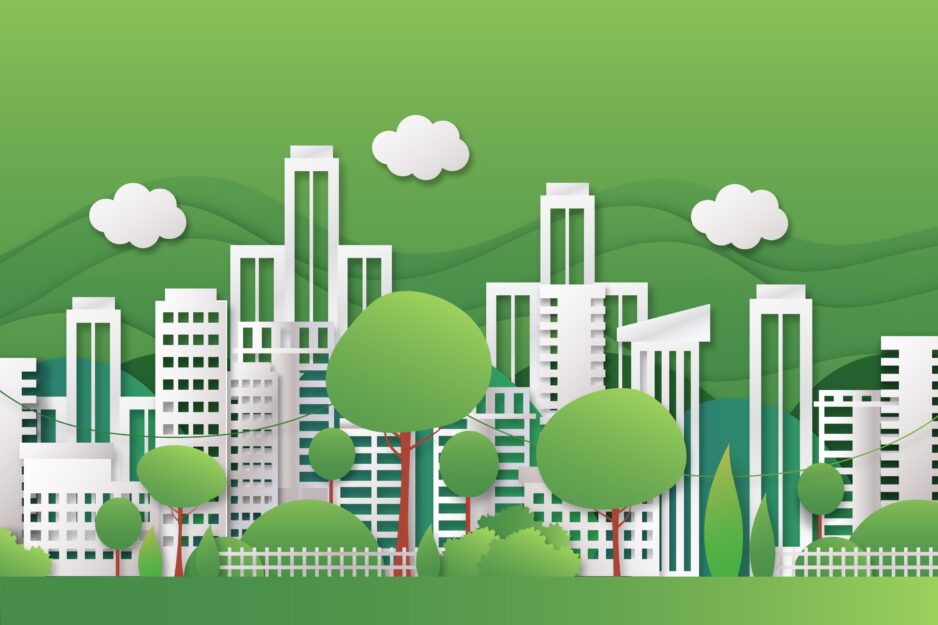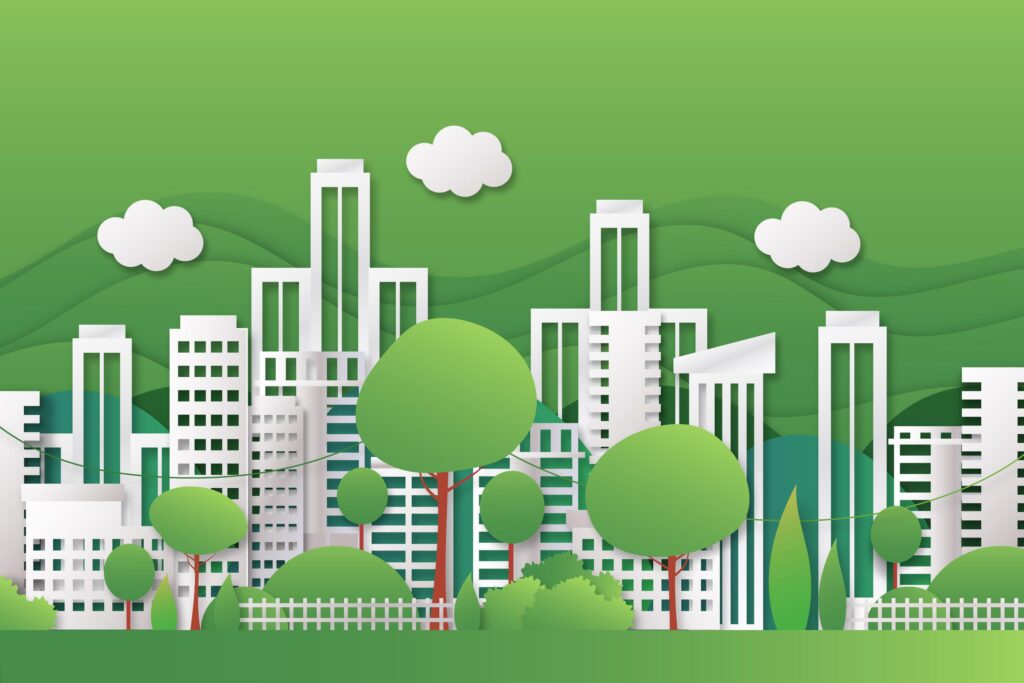A Thrilling Expedition into Organizational Transformation
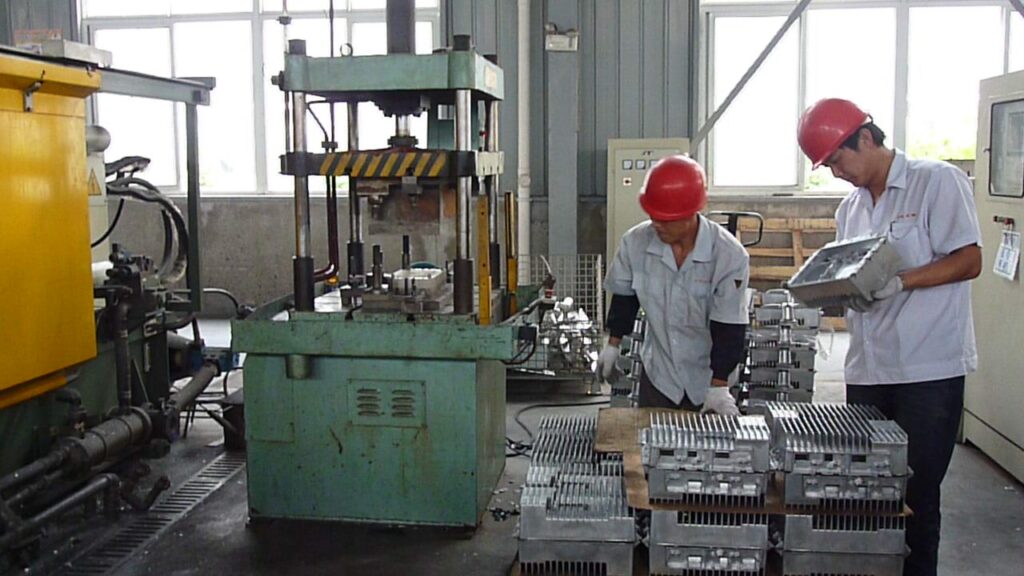
Introduction
Step into the captivating world of Effective Turnaround in Asia, where the engines of the automotive, machinery, and environmental sectors roar with untamed potential. Brace yourself for an enthralling exploration of management creativity, change mastery, the art of organizational learning, and the indomitable spirit of leadership in times of crisis.
Set amidst the ever-evolving landscapes of developing economies, this subject reverberates with paramount significance. Embark on a spellbinding journey through the lens of management, where a tapestry of published cases awaits, weaving together the intricate threads of organizational decline and triumphant revival.
Brace yourself for a mesmerizing framework that reveals the secret pathways to success.
Personal Involvement
I am your guide; intimately acquainted with every twist and turn of the cases you are about to encounter. The hands that penned these pages bear the marks of responsibility, as I have been personally involved in every turn of the transformative tide.
My footsteps have traced the path to firsthand knowledge and profound insights, resonating with the essence of Asia’s business landscape. The experiences shared within these cases resonate with the pulse of growth and sustainability, for they speak of ventures trapped in the clutches of negative profit margins.
Together, we will embark on a journey that encompasses the metamorphic forces of leadership change, the alchemy of top-level team formation, the strategic metamorphosis, the bittersweet parting of assets and people, and the resurrection of technology.
The Role of Strong Leadership
In the heart of every case lies a protagonist—an indomitable leader whose unwavering resolve ignites the flame of rejuvenation within ailing organizations.
As we venture into the early phases of these tales, we shall witness the crucible in which fortunes are forged. For when an organization falters, it not only loses the trust of its market but also sees its talent flee like autumn leaves scattered by the wind.
In such moments, decisive actions become a lifeline, instilling confidence and rekindling lost credibility. Within the tapestry of these cases, we shall witness the ballet of internal transformations, orchestrating cost reductions, igniting revenue generation, and conducting the symphony of asset liquidation.
On the external stage, we shall engage in fervent lobbying, wielding influence with creditors, suppliers, and institutions.
Contextual Factors in Asia
Our voyage through Asia uncovers the vibrant hues of cultural intricacies and government involvement. In the realm of China, the symphony of turnaround is interwoven with the chords of local governance. To release employees “en masse”, sick companies must seek the approval of a watchful government.
On Indian shores, the Board of Industrial and Financial Restructuring (BIFR) becomes the guardian of ailing organizations, shielding them from the onslaught of creditors until their cases find resolution. Each context paints a vivid stroke on our canvas, revealing the nuanced interplay between external forces and the phoenix-like rise of organizations.
Understanding the Decline and Crafting a Response
Before we embark on our quest for revival, we must first unravel the enigma of decline. Within these cases lie the keys to comprehension—a map leading to a managerial or organizational response.
Yet, the path to success begins not with action but with attentive ears and a receptive heart. HQ, the custodian of aspirations and visions, beckons us to listen intently to their priorities, targets, and dreams. In understanding their yearnings, we pave the way for effective communication, collaboration, and ultimately, a partnership forged in shared purpose.
Accessing Case Reports and Further Resources
Prepare to delve even deeper into this captivating realm. By registering and accompanying me on this odyssey, you will gain access to a treasure. The author invites readers to peruse a collection of case reports from the past 15 years. These reports reflect the author’s experience as an interim or employed turnaround manager in Asia.
Additionally, the author offers the option to register and receive updates via email.
Furthermore, readers seeking additional resources can explore the author’s bestselling books and eBooks, available on Amazon and www.gtec-shop.de. Notable publications include “Effective Cost Cutting in Asia” (English, book and eBook), “Successful Interim Management Project Reports and their Results” (English, 2022, eBook), “Management in China” (German, 2023), and “Erfolgreich in China: Ein Reisebuch für Manager” (German, 1999).
Experts in the Automotive Industry Asia
You need one, but don`t want to hire one permanently?
Our solution: To rent our experts
- On pay-to-use basis
- Completely flexible
- Contract can be cancelled any time
Clearly represented reports and dashboards inclusive!

